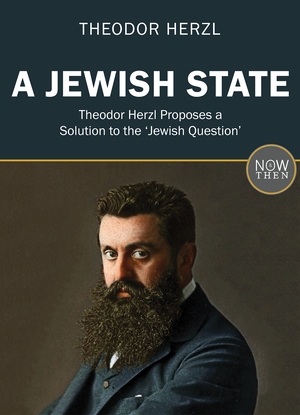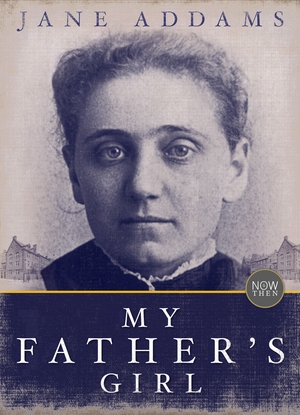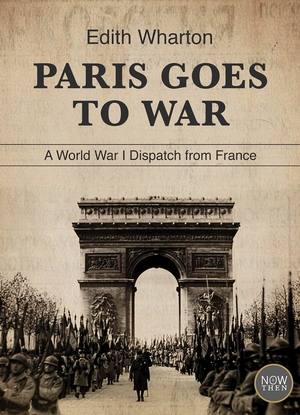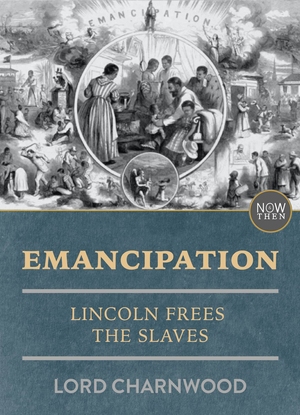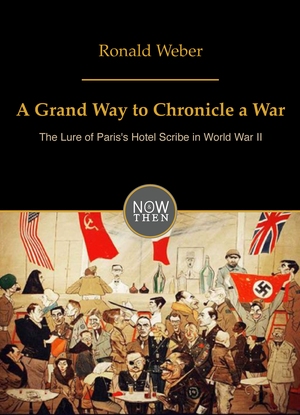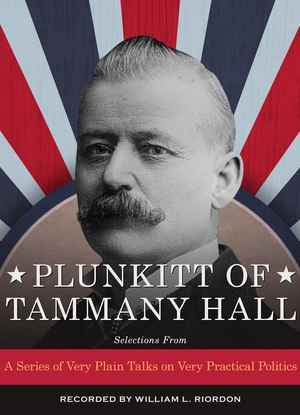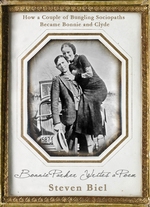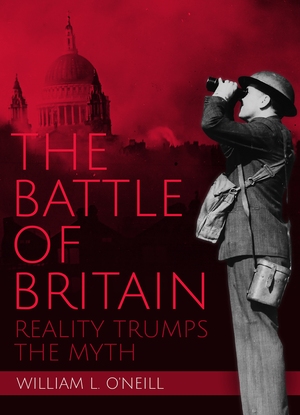European History Titles
Browse our European History titles listed below.
by Ann Birstein
European History, Holocaust“European Discovery Tour” was the title on the travel brochure. But as Ann Birstein knew, the journey that she signed up for included a discovery of the most unhappy places on the continent. Her little tour group, most all of them Jewish, was shepherded not only to some of Eastern Europe’s grandest locales but also to its most terrible, including the remnants of the Warsaw Ghetto, Auschwitz, and other grim reminders of the Holocaust and the lost Jews of Europe. Along the way in what became a search for her own soul, Ms. Birstein offers a moving perspective on a tragic people trapped by history.
Reality Trumps the Myth
by William L. O'Neill
European History, Military HistoryA key moment in World War II was Britain’s gallant resistance to the German bombings of its homeland in 1940. With their backs to the wall, as the story goes, the British people staved off a Nazi invasion and thereby perhaps saved Western civilization. Here the distinguished historian William L. O’Neill challenges the commonly held view of the Battle of Britain as a victory against overwhelming odds, arguing that it should not have been unexpected. The British, he writes, were well positioned to repel their foes.
Assassination in Sarajevo and the Onset of the Great War
by Christopher Clark
Military History, European HistoryThe assassination of the Austrian archduke Franz Ferdinand and his wife Sophie in Sarajevo in June 1914 by Serbian terrorists capped the political tension and instability of the Balkans in the years before World War I. The European continent, beset by intricate diplomacy and complex alliances, fell into war just thirty-seven days later. The Old World nature of the assassination disguises some very modern elements: a cavalcade of automobiles, a squad of suicide bombers, and an avowedly terrorist organization that existed across political borders, without a clear location. Here in gripping detail is the story of what happened on that fateful morning in Sarajevo.
The Inside Story of the Manhunt by the Israeli Secret Service
by Michael Bar-Zohar and Nissim Mishal
European History, Military HistoryThe most celebrated accomplishment in the hunt for Nazi war criminals was the capture, trial, and execution of Adolf Eichmann in 1960—1962. As the Nazi officer overseeing the logistics of the Final Solution, Eichmann had been responsible for sending millions of Jews to their extermination in the death camps of Europe. After World War II he had been living incognito in Argentina when the Mossad, Israel’s intelligence agency, learned of his possible whereabouts. Here is the behind-the-scenes story of Eichmann’s capture.
The Industrial Revolution Remakes England and Creates a Proletariat Selections from The Condition of the Working Class in England
by Frederick Engels
European History, Economic HistoryAmong the profusion of books and pamphlets and inquiries throughout Western Europe in the mid-19th century that addressed the condition of the working class under the new industrialism, Engels’ book, based on firsthand observation and on other available sources, stood out. Today it remains, as Eric Hobsbawm notes, “the first large-scale attempt to apply the Marxist method to the concrete study of society . . . [and] by far the best single book on the working class of the period.”
A World War I Dispatch from France
by Edith Wharton
European HistoryAfter a painful divorce in April 1913 and fifteen months of travel, Edith Wharton found herself in Paris, where she had long been a familiar presence. By August 4, 1913, the Great War had begun in Europe; Wharton viewed France’s entry into the war as curiously idealized and abstract. Upon the order for General Mobilization, she found no panic, no tumult, not even much excitement in the streets, only a sense of political and social unity and a quiet readiness for what lay ahead. But the Paris she knew, its look and its atmosphere, was nonetheless totally and suddenly changed.
